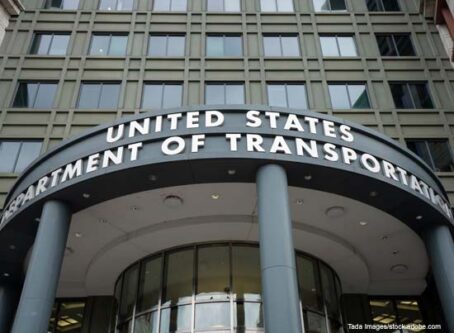Ban the sign-on bonus
Sign-on bonuses and similar schemes should be banned.
Sure, they make you feel good. So do drugs. But like drugs, sign-on bonuses don’t solve problems. They make problems worse. Clearly, sign-on bonuses encourage job-hopping, the kind of churn that contributes to overall turnover. Sign-on bonuses are great for driver poaching – carriers essentially buying drivers from each other. That’s the last thing this industry needs.
What we do need is increased driver pay across the board – not what amounts to temporary raises that are ultimately taken away. Let’s say you sign on to a carrier and stay long enough to collect a sign-on bonus. Then what? No matter how the bonus is doled out, when you’ve collected all of it, it’s gone.
It feels like a reduction in pay because that’s what it really is. Carriers would claim there’s a difference. Wages and bonuses are not the same thing. True, but only on paper and only to them. You don’t deposit a bonus in a separate bank account or use it to buy only specific items at Walmart.
Whether you collected the bonus in one lump or spaced it out over, say, a year, it’s the pay you earned for a year’s worth of work. At the end of that year, and no matter what the carriers call it, you take a cut in pay. Of course, you’re going to look around at current sign-on bonuses – especially when they’re increasing. Who wouldn’t?
Last summer, Cowan Systems of Baltimore offered up to $20,000 paid out over 18 months. Would $20,000 – more than $1,100 a month – feel good? You bet. Would it hurt when the bonus payout ends? Yup. In fact, the higher the bonus, the greater the pain when it’s over. Just like drugs, bonuses leave you wanting more.
I can already hear the objections. Ban bonuses? Are you crazy?
Maybe. I understand drivers like them and that whatever we can wring from the carriers is worth taking. I also understand neither the FMCSA nor any other agency is going to ban bonuses even if they have the authority to do so.
But that doesn’t change the sad reality. Bonuses are raises that are taken away. It doesn’t matter how you receive them or what the conditions might be. Unless you can sign on, collect your sign-on bonus, then leave with that bonus in your pocket, it’s pay for work you’ve done over a given period of time. When it goes away, you’ve gotten a pay cut.
With more experience, drivers like most workers, should earn more. Bonuses turn that particular piece of commonsense upside down. A bonus means a newbie earns more.
At the start of this, I said bonuses and similar schemes. The similar scheme I had in mind involves Birmingham, Ala.-based Montgomery Transport, North America’s 22nd largest flatbed carrier.
Montgomery is paying some of its drivers an additional 5 cents per loaded mile until Feb. 1. I’m glad Montgomery is rewarding its current drivers, not just the sign-ons. That’s a good thing. But it’s temporary. Like a sign-on bonus it’s a raise that gets taken away.
Curiously, Montgomery is calling it a “driver shortage surcharge.” They gained considerable industry media coverage as a result. While many stories said the entire surcharge would be passed on to drivers, none referred to customers presumably paying the bills. The stories felt oddly incomplete.
When fuel surcharges were first imposed in the 1970s, shippers didn’t like it at all, and they fought it. The so-called driver shortage is an abstract concept, not a physical product with a market price like fuel. If you were a shipper, would you be willing to pay something as fuzzy as a driver shortage surcharge?
So is Montgomery actually billing its customers a 5-cents-mile surcharge? If so, do Montgomery customers know they’re paying for a driver shortage?
I submitted the question last week using the official communications form on their website. Montgomery hasn’t responded.
In order to seriously address turnover and the problems it creates, driver pay needs to increase across the board. The industry as a whole should be paying drivers what they’re really worth – a lot more than they earn now.
Bonuses and surcharges are hardly the answer. LL









